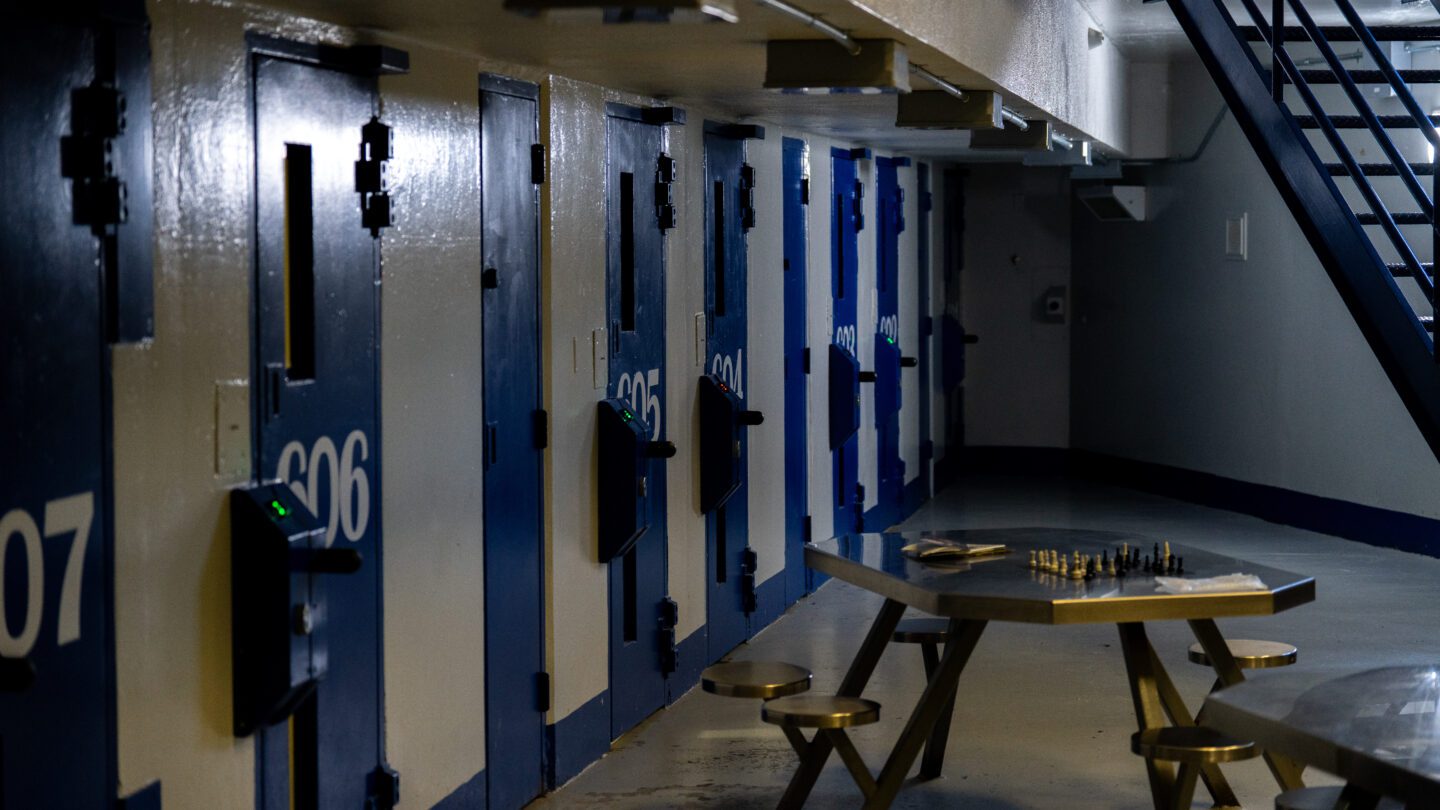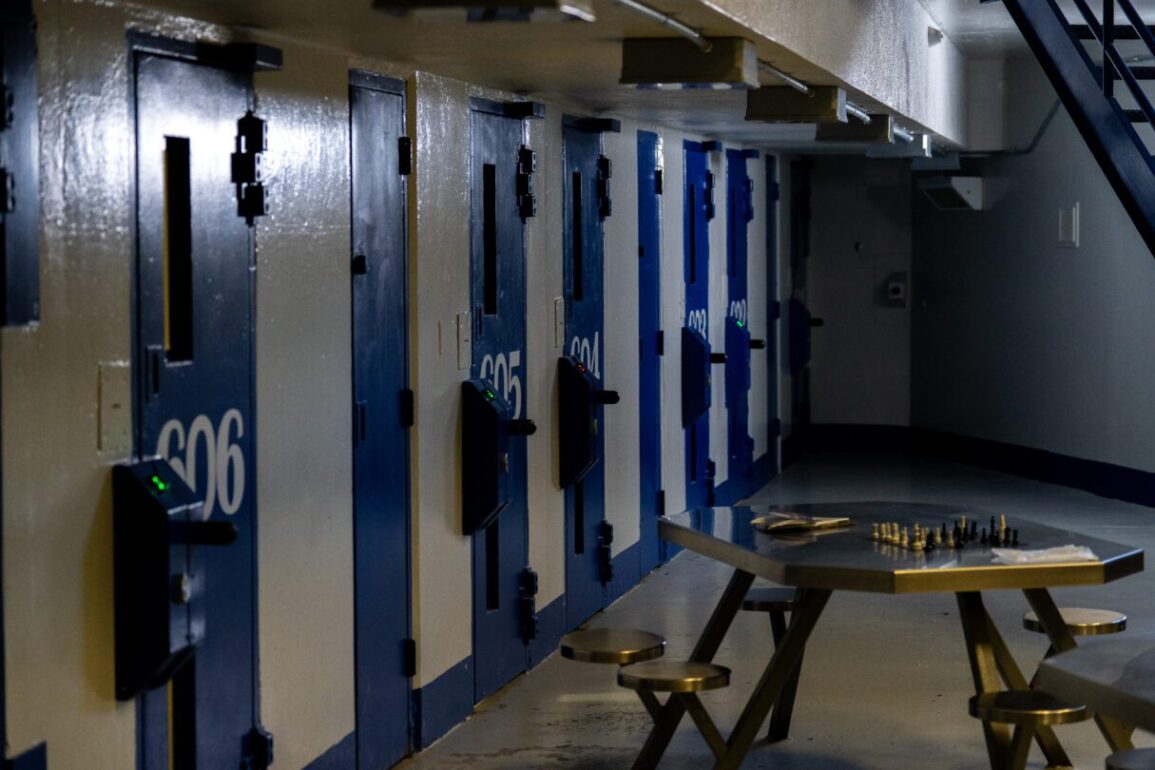
On Oct. 1, the Department of Justice (DOJ) found that Georgia prisons violated the Eighth Amendment of the U.S. Constitution and threatened to sue the State of Georgia if corrective actions were not taken.
The Eighth Amendment protects citizens from excessive bail, fines and cruel punishments. In its 94-page report, the DOJ concluded that the prisons do not meet contemporary standards of decency and respect for basic human dignity, which puts employees and inmates at risk.
“People are assaulted, stabbed, raped and killed or left to languish inside facilities that are woefully understaffed. Inmates are maimed and tortured, relegated to an existence of fear, filth and not-so-benign neglect,” said Assistant Attorney General Kristen Clarke of the Justice Department’s Civil Rights Division.
Georgia officials are “deliberately indifferent to these unsafe conditions,” the report said. “The state has known about the unsafe conditions for years and has failed to take reasonable measures to address them.”
Georgia Department of Corrections (GDC) responded that it is “extremely disappointed” with “years of expensive and unproductive court monitoring” by federal officials. It added that the report “reflect[s] a fundamental misunderstanding of the current challenges of operating any prison system.”
The report concluded that GDC is unable to protect incarcerated persons, especially persons from the LGBTQ community, from physical violence and sexual abuse. The report also claimed that the prisons are crippled by understaffing, systemic deficiencies and improper influence of gangs in prison life.
“Individuals incarcerated by the Georgia Department of Corrections should not be subjected to life-threatening violence and other forms of severe deprivation while serving their prison terms,” said U.S. Attorney Ryan K. Buchanan for the Northern District of Georgia.
In a letter to Gov. Brian P. Kemp, the investigating authorities noted all the violations along with minimum remedial measures that the state must take.
“In the event we are unable to reach a resolution regarding our concerns, [the Civil Rights of Institutionalized Persons Act (CRIPA)] authorizes the Attorney General to initiate a lawsuit 49 days after issuance of this notice letter to correct the alleged conditions we have identified,” the letter also said.
Under CRIPA, the Civil Rights Division’s Special Litigation Section and U.S. Attorneys’ Offices for the Northern, Middle and Southern Districts of Georgia launched the investigation in 2016. They investigated 34 state-operated and four private prisons that house almost 50,000 people, the fourth-highest state prison population in the country.
Initially, the investigation was focused on the level of protection provided to incarcerated persons who are from the LGBTQ community. However, all incarcerated persons were included in the ambit of investigation in 2021.
The DOJ worked with four highly qualified expert consultants and visited 17 geographically and demographically diverse GDC prisons. They also conducted hundreds of private, one-on-one interviews and brief conversations with incarcerated persons, GDC facility staff, investigators, local coroners, first responders and prosecutors. Further, they reviewed tens of
thousands of records from GDC, other Georgia state agencies and third-party stakeholders, despite the resistance and lack of access to records, physical spaces and incarcerated persons.
The report said that prisons are riddled with large, sophisticated gangs. Despite raids and arrests to stop these smugglings, “these efforts have been insufficient” to stop the trafficking of drugs, weapons, smartphones and other electronic devices in the jail.
The report found that the homicide cases totaled to at least 142 in the last six years, with five cases in four different facilities in a single month in 2023. The report also recounts several physical and sexual abuse of LGBTQ inmates. A transgender woman reported being sexually assaulted at knifepoint, and another inmate stated he was “extorted for money” and sexually abused after six people entered his cell.
Additionally, the report claims that the actual number of physical violence might be higher due to poorly-conducted investigations, incorrect reporting and victims being reluctant to report abuse.
“GDC reported in its June 2024 mortality data that, for the first five months of 2024, there were six homicides, even though at least 18 deaths were categorized as homicides in GDC incident reports,” the report said.
The report also said that only 50% of correctional officer positions were filled.
In the end, the report also included 12 pages of “minimum remedial measures.” The report recommends the GDC fill at least 90% of allocated posts, implement a plan to document and investigate violent incidents adequately, reevaluate the housing and inmate classification process, clamp down on contraband, including weekly searches of housing units, improve its physical-plant deficiencies and introduce sexual abuse prevention measures, including improving the housing assignment process for LGBTQ inmates.
“We can’t turn a blind eye to the wretched conditions and wanton violence unfolding in these institutions,” Clarke said. “The people incarcerated in these jails and prisons are our neighbors, siblings, children, parents, family members and friends.”
This post was originally published on this site be sure to check out more of their content.









